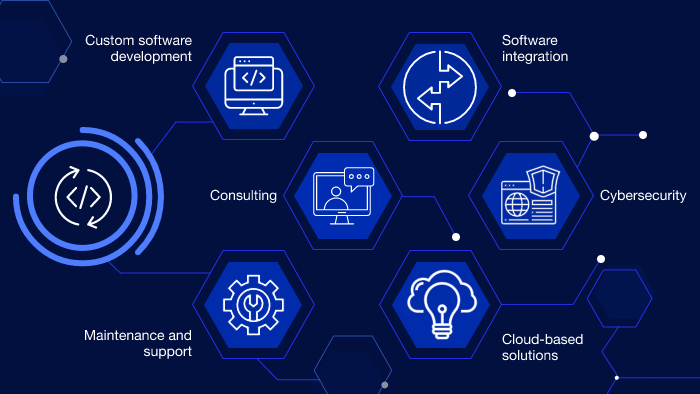Creating the ultimate music studio PC requires a careful balance of power, stability, and efficiency, ensuring that audio production tasks such as recording, mixing, and mastering run seamlessly. At the heart of this high-performance system is a multi-core processor, ideally from the latest generation of AMD Ryzen or Intel Core series. A 12-core or 16-core CPU offers the horsepower needed to handle large project files, virtual instruments, and real-time effects processing without stuttering or latency issues. These processors ensure smooth performance even under heavy multi-track workloads. Equally important is the motherboard, which should feature robust VRM cooling and high-speed connectivity options such as Thunderbolt and USB-C. Look for a board with multiple M.2 slots for fast NVMe SSDs and plenty of PCIe lanes to support audio interfaces, DSP cards, and expansion needs. RAM is another crucial component, with a minimum of 32 GB recommended for serious music production. For those working on orchestral arrangements or large film scoring projects, 64 GB or more is advisable to ensure headroom when loading large sample libraries.
Storage should be a combination of ultra-fast SSDs for the operating system and active projects, along with larger SATA SSDs or HDDs for archiving. A Digital audio workstation system drive and a 2 TB or more secondary SSD for samples is a common and efficient configuration. It ensures quick boot times and near-instant access to libraries, improving workflow and reducing load times dramatically. For audio production, the graphics card does not need to be top-tier, as modern DAWs do not heavily rely on GPU power. However, a mid-range card with support for multiple high-resolution monitors is ideal, enhancing productivity by offering more screen real estate for mixing consoles, plugins, and timeline views. Cards from the latest NVIDIA or AMD lines provide reliability and ensure compatibility with creative software environments. An ultra-quiet, high-efficiency power supply is critical for avoiding unwanted noise in the studio. Look for a PSU rated 80 Plus Gold or higher, with modular cables for better airflow. Acoustics matter as well, so opt for a high-quality case designed for low noise, with good airflow and ample space for future upgrades.
Fanless or low-RPM fans help maintain a silent environment, essential for accurate monitoring. The audio interface is a vital component of the music studio setup. While not technically part of the PC, its compatibility and performance must be considered. Thunderbolt or USB 3.0 interfaces with low-latency drivers are ideal. Pair this with a professional DAC and studio monitor setup to ensure that what you hear is an accurate representation of your mix. Lastly, reliability and redundancy should not be overlooked. Regular backups using external drives or network-attached storage protect against data loss. A solid uninterruptible power supply UPS adds an extra layer of protection during power outages, preventing potential corruption of project files. With the right configuration, this music studio PC becomes a creative powerhouse, capable of meeting the demands of modern music production with precision, speed, and stability.


